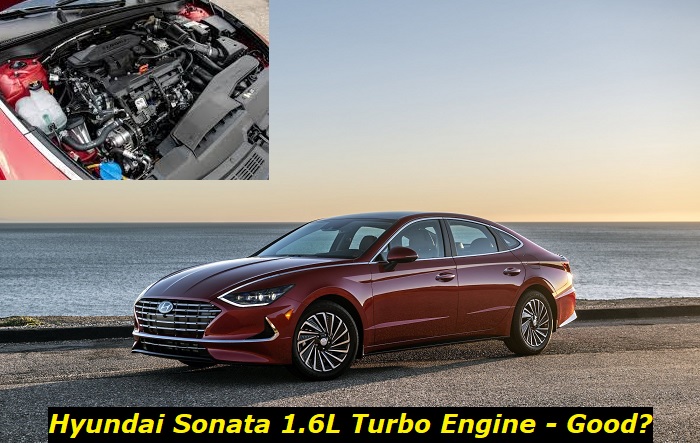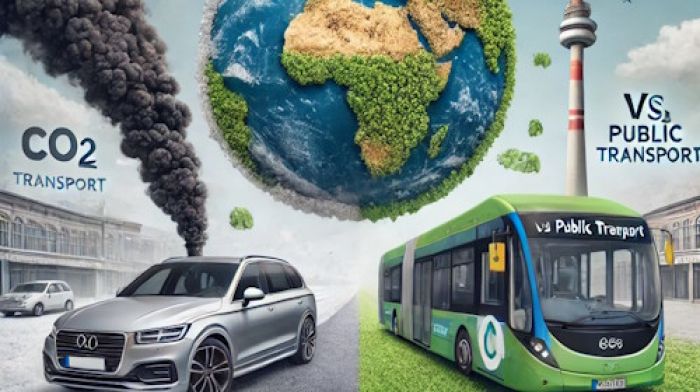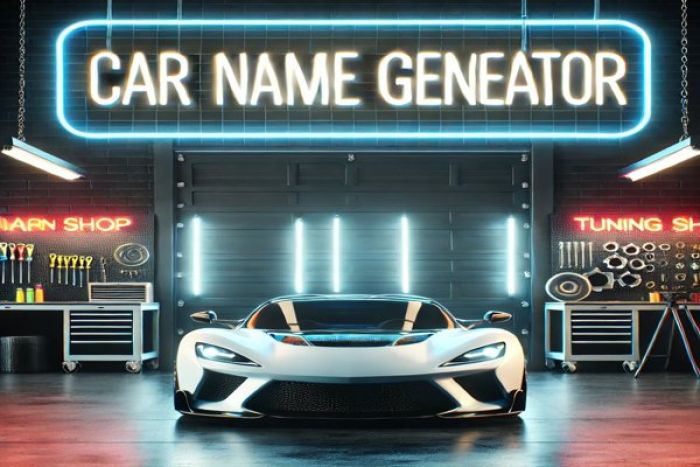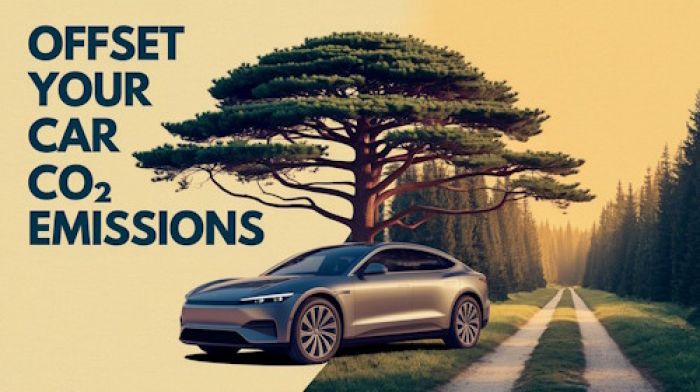The Sonata is still a very prominent player in the market of family sedans. Its last generation hasn't fixed all the problems the model had in the American market but it clearly sells not so badly. It started in 2019 and sold about 90,000 units a year until 2022 when it only sold 55,000 cars in the US. It's one of the worst years for the model in America and we should understand why.
Today, we'll tell you about the optional 1.6L Turbo engine in the new Sonata and its common problems, and advantages, and also about the key features. This is the Samrtstream family engine equipped with a turbocharger. While it has a pretty small size for this car, the engine doesn't feel too weak. And we clearly have to pay attention to it.

Key facts and my opinion about the engine
- Production years: 2019-now
- Average lifespan of G4FP: 150,000-170,000 miles
- Fuel supply type: direct injection
- Power range: 180-204 hp
- Fuel efficiency: excellent
- Engine block material: aluminum
- Engine reliability score: medium
- The most common problems: potential CVVD system problems, potential turbocharger oil leaks, carbon buildup on intake valves, no lifters.
What should you know about the 1.6L Smartstream Turbo Sonata engine?
Well, 1.6 liters don't seem to be completely enough to power the not-so-small family sedan from Korea. And it actually feels pretty small when you drive it. The engine has to rotate like crazy to let you accelerate as you want and adopt the driving style you want. But this is how it's meant to work, anyway.
The 1.6L Turbo engine is not the base option for the Sonata. The cheapest engine option is the 2.5L non-turbo powerplant. Also, you can buy the 2.5L Turbo version and the Sonata Hybrid. We believe the base 2.5L non-turbo engine is best for its money but the 1.6L Turbo can add some fire to your sedan, so it's worth considering.
Here's what you should know about this engine:
- it comes standard in the SEL Plus trim level with some noticeable improvements in comfort and technology in the vehicle;
- the 1.6L G4FP engine belongs to the Smartstream family, is equipped with a turbocharger, and offers 180 horsepower and 195 lb-ft of torque;
- the engine is equipped with the GDI - direct fuel injection, so it's quite efficient and economical but still a little problematic due to carbon buildup;
- this is the world's first engine to use the CVVD technology - Continuously Variable Valve Duration for better performance, this allows valves to be more independent of the timing system;
- the engine has a simple and reliable turbocharger that boosts its power and will not show a lot of problems;
- the engine is equipped with the 8-speed automatic transmission, not the DCT, just a simple and more or less reliable unit;
- the fuel efficiency is impressive - 27 MPG in the city and 37 MPG on highways are claimed and it's a wonderful result for a mid-size sedan.
Overall, the engine doesn't boast any super-revolutionary technology. It has a simple direct injection system, aluminum block and head, simple turbocharger. But it also has a pretty complicated and even unique valve timing system. This may sound like a cool thing but we wouldn't congratulate Hyundai now on some great inventions - we should wait till this technology sees some life.
It's hard to form a clear understanding of whether this engine is good or bad. It has some great sides as its gas mileage and efficiency. But it also has some potential issues with the complicated valve timing system, small displacement, and other small things. Let's get deeper to see if you should spend your money on this powerplant.
How many miles will the 1.6L Turbo engine live in your new Sonata?
Well, the new 1.6L Smartstream Turbo engine is certainly not one of the most durable and reliable engines in the world. Also, it's potentially the least durable engine under the hood of the new generation of the Sonata. Why? Because it's a small turbo engine with a lot of power for limited displacement, with some new technologies for valves, etc.
We believe you will not have any problems with this engine till it reaches 120,000 miles. After that, some minor issues are possible and approximately at 150,000 miles the engine may die. This is the average lifespan of the 1.6L Turbo engine estimated by us without having enough data. Most of these engines only start their life - the oldest ones have been launched in 2019.
We should say that we haven't found a lot of reports about these engines, so we can say for now that the 1.6L Turbo engine in the new Sonata is quite good. Maybe even better than we expect it to be.
But still, we are skeptical about its durability in the long run and we believe it will make you spend some money after it hits 120K miles like more or less any small turbo engine on the market.
What are the common problems with the 1.6L turbo engine in the Sonata?
Well, it turned out to be quite hard to find any common issues that will potentially affect the 1.6 T-GDi Smartstream engine in your Sonata. The engine seems quite good as of now and it doesn't show a lot of problems. But we've asked specialists and they provided us with some inside information about the construction of this engine and possible flaws that may lead to problems.
We hope to update this part as soon as we get some stats from dealers. But now, let's look at potential problems.
1. CVVD valve control problems
We should remind you here that the 1.6L Turbo engine in your Sonata is the world's first engine with Continuously Variable Valve Duration. This means no one knows how long this system will last and how bad it is in repair. We believe it will show some problems and will affect owners' budgets heavily.
First of all, you should expect some oil leaks some of which will be internal and hard to locate. Also, you have to clearly understand that the technology is experimental and it may kill the engine at any moment. We hope this won't happen and now there is no evidence of this. But still, it's worth keeping that in mind.
2. Intensive block wear
The displacement of 1.6 liters is not enough to power such a vehicle. Because of this, the company needed to turbocharge this engine to provide Sonata owners with more power and torque. It means that the engine is overboosted and this will shorten its lifespan. The block wear is inevitable and the bad news is that you will not be able to repair it as one of those old cast-iron blocks.
It means that after 120K miles the engine may fail at any moment and the only thing that will save it is the replacement of the cylinder block. It costs a fortune, so engine replacement seems like a better option.
3. Carbon buildup
We are pretty sure that after 50K miles these engines will develop carbon buildup issues and you will have to pay for cleaning the valves. Direct injection means that fuel won't go through the valves and this leads to carbon buildup whatever quality of fuel and filters you use.
This is a common problem for all GDi engines, so we won't spend a lot of time telling you about it. Just know that if your engine seems like losing power and dying, you should have the valves cleaned.
4. Timing chain issues and valve adjustment
Timing chain problems are going to spoil your mood at about 100,000 miles or even earlier. The engine will probably start rattling and you will have to invest quite a lot of money in the new chain. The bad thing is that after just 20-30 thousand miles new expensive problems will come.
Also, once every 20-30 thousand miles you will need to pay for valve adjustment because, like in previous Gamma family engines, hydraulic lifters are not available for this engine. This is ridiculous for any modern powerplant, we should say.
What should you do to drive the 1.6L Turbo Sonata longer?
The G4FP engine will love TLC and won't be glad if you start buying cheaper filters and random oil for regular maintenance.
We've prepared some important recommendations that will help you prolong the life of the engine:
- keep up with regular maintenance;
- only buy OEM oils and filters for this engine;
- pay attention to any unusual sounds of the engine work;
- have the valves cleaned once every two years or so;
- check the ignition system regularly (mainly spark plugs and coils);
- don't apply aggressive driving;
- avoid overheating;
- address any problems immediately, and don't drive a car with a bad engine.
Modern engines are not even close to older ones in terms of durability. They are technological, economical, and more eco-friendly than their predecessors but they are tender and need TLC to survive. Make sure you provide your 1.6L Turbo engine in the Sonata with everything it needs for a healthy life. Otherwise, your wallet will certainly feel the consequences after some time.
About the authors
The CarAraC research team is composed of seasoned auto mechanics and automotive industry professionals, including individuals with advanced degrees and certifications in their field. Our team members boast prestigious credentials, reflecting their extensive knowledge and skills. These qualifications include: IMI: Institute of the Motor Industry, ASE-Certified Master Automobile Technicians; Coventry University, Graduate of MA in Automotive Journalism; Politecnico di Torino, Italy, MS Automotive Engineering; Ss. Cyril and Methodius University in Skopje, Mechanical University in Skopje; TOC Automotive College; DHA Suffa University, Department of Mechanical Engineering






Add comment